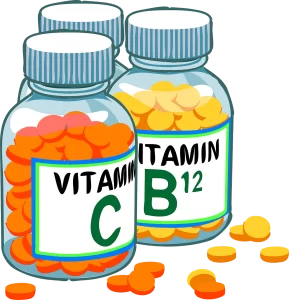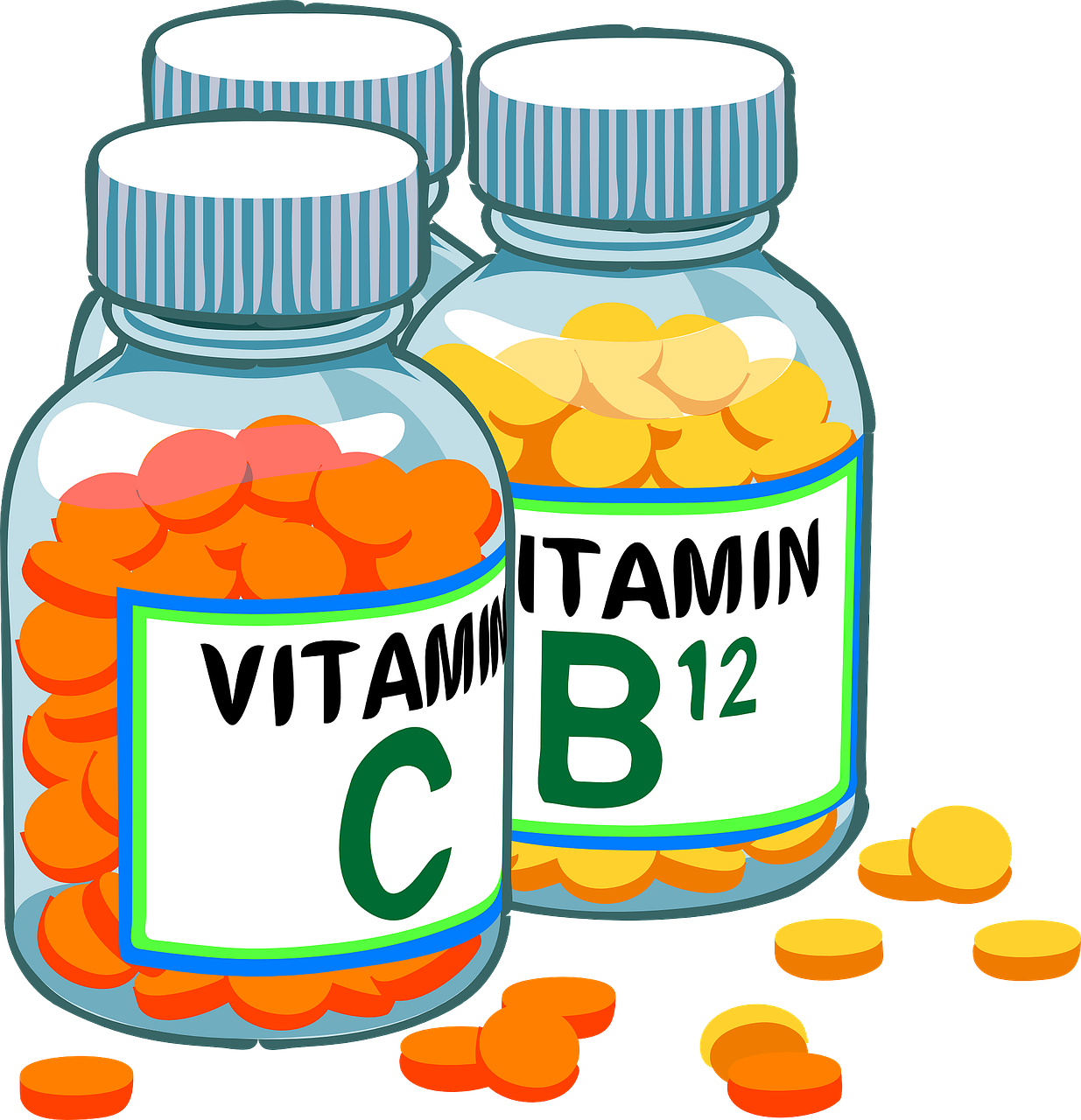Vitamin supplements are a multi-billion dollar industry, with many people taking them on a daily basis in the belief that they will improve their overall health. However, the science behind vitamin supplements is not as clear-cut as many people believe. This article will explore the current research on vitamin supplements and whether or not they are truly necessary for maintaining good health.
The Role of Vitamins in the Body
Vitamins are essential micronutrients that play a vital role in maintaining good health. They are involved in a wide range of bodily functions, including growth, development, and metabolism. There are 13 essential vitamins that our bodies need, including vitamin A, B vitamins, vitamin C, vitamin D, vitamin E, and vitamin K.
Vitamins can be obtained from a variety of different food sources. Vitamin A can be found in foods such as liver, carrots, and sweet potatoes. B vitamins can be found in foods such as eggs, meat, and leafy greens. Vitamin C can be found in fruits such as oranges and strawberries, while vitamin D can be found in fatty fish and fortified foods. Vitamin E can be found in foods such as almonds and avocado, while vitamin K can be found in leafy greens and broccoli.
The Need for Vitamin Supplements
While vitamins are essential for maintaining good health, many people believe that they need to take vitamin supplements to ensure that they are getting enough of these micronutrients. However, the majority of people in developed countries do not have a vitamin deficiency. In fact, most people can get all the vitamins they need from a balanced diet.
The Recommended Dietary Allowance (RDA) for vitamins is the amount of a vitamin that is needed to meet the needs of most people. The RDA can vary depending on factors such as age, sex, and pregnancy. The RDA for vitamins can be found on the National Institutes of Health’s website.
The Risks of Vitamin Supplements
While vitamin supplements may seem like a quick and easy way to ensure that you’re getting enough of these micronutrients, they can actually be harmful if taken in excess. Taking too much of certain vitamins can lead to side effects such as nausea, vomiting, and diarrhea. In some cases, excessive vitamin intake can even be toxic.
For example, excessive intake of vitamin A can lead to liver damage, while excessive intake of vitamin D can lead to kidney damage. Additionally, excessive intake of vitamin E can increase the risk of bleeding and stroke. It’s important to consult a doctor before taking any vitamin supplements, especially if you are taking other medications or have a pre-existing medical condition.

The Verdict on Vitamin Supplements
While vitamin supplements can be beneficial for people with specific deficiencies, the majority of people do not need them. A balanced diet that includes a variety of fruits, vegetables, whole grains, lean proteins, and healthy fats can provide all the vitamins and minerals that our bodies need.
It’s important to remember that vitamin supplements are not a substitute for a healthy diet. They should not be used as a replacement for healthy food choices, but rather as a supplement to a well-balanced diet.
Additionally, it’s important to consult a doctor before taking any vitamin supplements, especially if you are taking other medications or have a pre-existing medical condition. A doctor can help you to determine whether or not you need vitamin supplements and, if so, which ones are best for you.
Vitamin supplements can be beneficial for people with specific deficiencies. However, for the majority of people, a balanced diet that includes a variety of fruits, vegetables, whole grains, lean proteins, and healthy fats can provide all the vitamins and minerals that our bodies need. It is important to consult a doctor before taking any vitamin supplements, as excessive intake can lead to side effects and even toxicity. While vitamin supplements may seem like a quick and easy way to ensure that you’re getting enough of these micronutrients, they should not be used as a replacement for healthy food choices. A healthy diet is the foundation of good health, and vitamin supplements should only be used as a supplement to a well-balanced diet.



